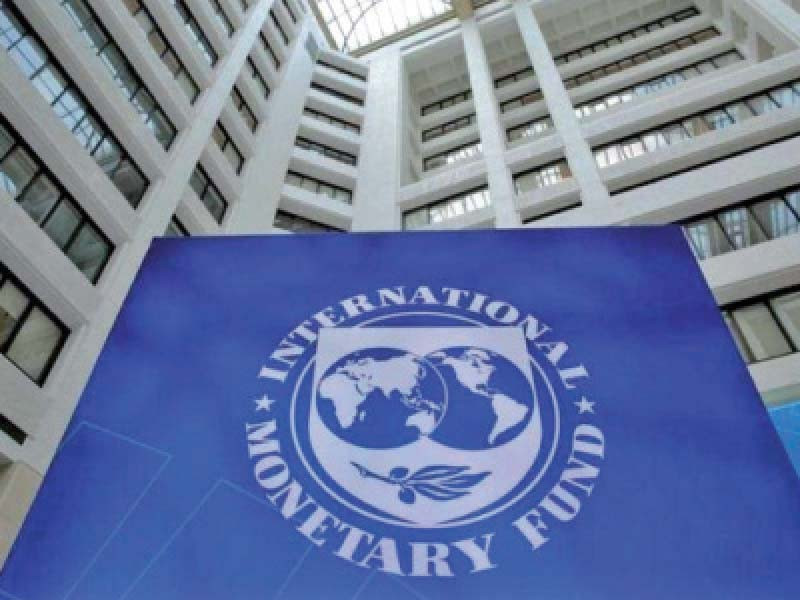
ISLAMABAD:
The International Monetary Fund (IMF) on Thursday rejected Pakistan’s claim that its programme conditions were one of the reasons for delaying polls in Punjab, saying Islamabad had the right to reprioritise expenses or raise additional taxes to meet constitutional obligations.
“There is no requirement under Pakistan’s EFF [Extended Fund Facility]-supported programme, which could interfere with Pakistan’s ability to undertake constitutional activities”, said Esther Perez Ruiz, the resident representative of the IMF.
The statement came a day after the Election Commission of Pakistan (ECP) postponed elections in Punjab till October 8, citing lack of security and finances to hold elections in the province.
It also suggests that the trust deficit is deepening between Pakistan and the IMF because of Islamabad’s inability to meet its international as well as domestic constitutional obligations and blaming the global lender for its own failures.
It is for the second time in the past four days that the IMF has rebuked Pakistan’s claim about interfering in matters that did not fall in the domain of the $6.5 billion bailout package, setting the record straight and refusing to offer its backing to the politics of the Pakistan Democratic Movement (PDM).
Earlier, Ruiz had said he wanted to be categoric that there was absolutely no truth to any insinuated link between the past as well as the current IMF-supported programmes and the decision by the Pakistani government over its nuclear programme.
In the statement issued on Thursday, Ruiz elaborated: “The IMF sets aggregate general government targets [aggregating across federal and provincial government levels] and within these there is fiscal space to allocate or reprioritise spending or raise additional revenues to ensure constitutional activities can take place as required.”
The ECP requires Rs20.5 billion for holding elections in Punjab and Khyber-Pakhtunkhwa.
It needs another Rs5 billion for conducting by-elections for 93 vacant seats of the National Assembly.
In total, the ECP requires Rs25.5 billion, which is not much compared to Rs11.2 trillion revised annual budget for this fiscal year.
The needed funds are equal to just 0.18% of the annual budget of the federal government.
The IMF resident representative further stated that decisions about the constitutionality, feasibility, and timing of the provincial and general elections vested solely with Pakistan’s institutions.
Just this week, the Economic Coordination Committee (ECC) of the Cabinet approved a Rs27 billion supplementary grant to avoid default on diesel payment to Kuwait.
Two days ago, the planning minister launched politically-oriented development projects for the youth of the country costing Rs150 billion.
In its elections postponement notification, the ECP narrated a statement by the federal finance secretary.
“[The] secretary finance while briefing the commission stated that due to the paucity of funds and financial crunch, the country is facing an unprecedented economic crisis and it was under compulsion by the IMF programme which has set targets for maintenance of fiscal discipline and deficit,” it read.
“[The finance secretary said] it would be difficult for [the] government to release funds now for general elections [for] the provincial assemblies of Punjab, Khyber-Pakhtunkhwa and later for [the] general elections [for the] National Assembly, [and the] provincial assemblies of Sindh and Balochistan,” it added.
The ECP further stated that the federal government had conveyed that because of the critical economic situation of the country, it would be very difficult to provide funds for the elections at the moment and additional money for the staggered polls.
The details showed that in case of segregated elections, the additional cost was Rs9.3 billion.
Last month, the federal cabinet had revised the budget estimates to Rs11.2 trillion -- an increase of Rs1.3 trillion or 17% over the one passed just eight months ago.
The government has also revised the estimate of provincial surpluses downwards to Rs559 billion, compared with the budgetary figure of Rs750 billion.
As a result, the overall deficit has been projected at Rs5.7 trillion, or 6.8% of the GDP.
For its programme purposes, the government has set the primary deficit target at Rs465 billion, or 0.5% of GDP, compared with the previous target of Rs153 billion in surplus.
This month, Prime Minister Shehbaz Sharif also announced free wheat flour schemes worth Rs73 billion in the two provinces where the elections were due under the Constitution.
The cost of these schemes, funded by provincial governments, is almost three times more than the funds needed for holding the elections in the two provinces.
The Rs73 billion spending on wheat flour subsidy might jeopardise the recently agreed fiscal framework with the IMF that requires Rs559 billion provincial cash surpluses.
The sources said that K-P had informed the prime minister that it did not have the entire Rs19 billion funds to finance the free wheat flour scheme.
The plan is to give free wheat flour to 5.7 million families in the province.
The IMF’s country head said the programme discussions had exclusively focused on economic policies to solve Pakistan’s economic as well as balance of payments problems, in line with the the global lender’s mandate for promoting macroeconomic and financial stability.
Pakistan and the IMF programme remains stuck because of the lack of fulfillment of conditions for around $6 billion additional loans and interest rate hike.



























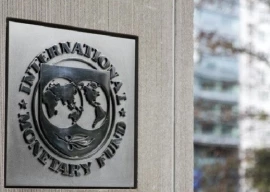
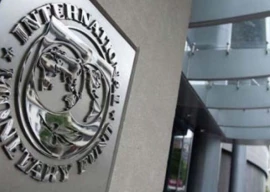
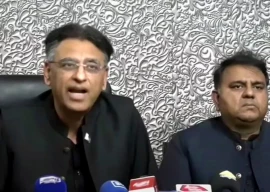
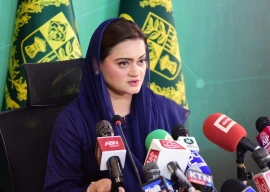
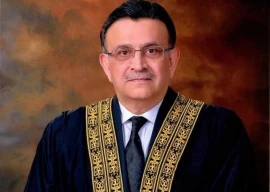
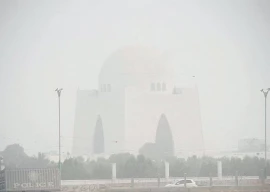


























COMMENTS
Comments are moderated and generally will be posted if they are on-topic and not abusive.
For more information, please see our Comments FAQ